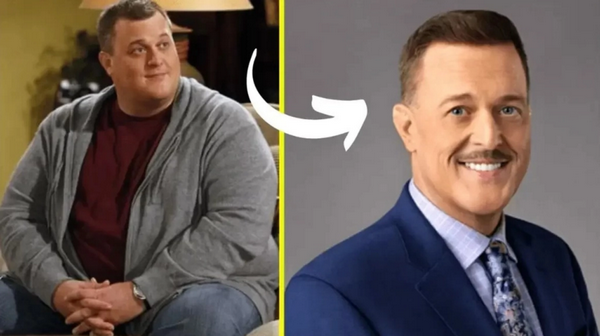
Struggling with Obesity? Effective Weight Loss Strategies When Support is Lacking
Losing weight can be challenging, especially for individuals struggling with severe obesity. However, when faced with the additional obstacle of a doctor who refuses to provide assistance, it's important to take matters into your own hands. In this article, we will explore practical strategies and lifestyle changes that can help you achieve weight loss success, even when support is lacking. Whether you're dealing with severe obesity at 700lbs or any other weight, these tips can set you on the path towards a healthier life.
Assess Your Current Lifestyle
Start by taking a comprehensive look at your current lifestyle habits. Identify areas where unhealthy choices are made, such as poor dietary patterns, sedentary behavior, or emotional eating. Understanding your habits is crucial for implementing effective changes.
Make Gradual Dietary Modifications
Focus on making gradual modifications to your diet. Incorporate more whole foods, such as fruits, vegetables, lean proteins, and whole grains. Reduce your intake of processed and sugary foods, which contribute to weight gain. Portion control is key, so practice mindful eating and avoid eating beyond satiety.

Increase Physical Activity
Despite being severely obese, it's important to find ways to incorporate physical activity into your daily routine. Start with low-impact exercises like walking or swimming, gradually increasing the intensity and duration over time. Engage in activities you enjoy, as this will make it easier to stick with your fitness routine.
Seek Support from Friends and Family
While your doctor may not be providing the support you need, don't hesitate to turn to your loved ones. Talk to family and friends about your weight loss goals and ask for their encouragement and assistance. Having a support system can make a significant difference in your journey.
Educate Yourself
Take the initiative to educate yourself about nutrition, exercise, and weight loss. Utilize reliable online resources, join supportive communities, and consider consulting with a registered dietitian or fitness professional. Knowledge empowers you to make informed decisions and take control of your health.

Prioritize Mental and Emotional Well-being
Obesity often goes hand in hand with emotional struggles. Seek professional help from a therapist or counselor who specializes in weight-related issues. Addressing underlying emotional factors can help you develop a healthier relationship with food and your body.
Set Realistic Goals
When setting weight loss goals, it's crucial to be realistic. Aim for steady and sustainable progress rather than rapid weight loss. Celebrate small victories along the way and focus on overall well-being rather than solely relying on the number on the scale.
Losing weight when severely obese and lacking support from your doctor can be disheartening, but it's not an impossible task. By implementing these strategies, taking control of your lifestyle, seeking support from loved ones, and educating yourself, you can embark on a successful weight loss journey. Remember, the most important thing is to prioritize your health, well-being, and happiness as you work towards your goals.











